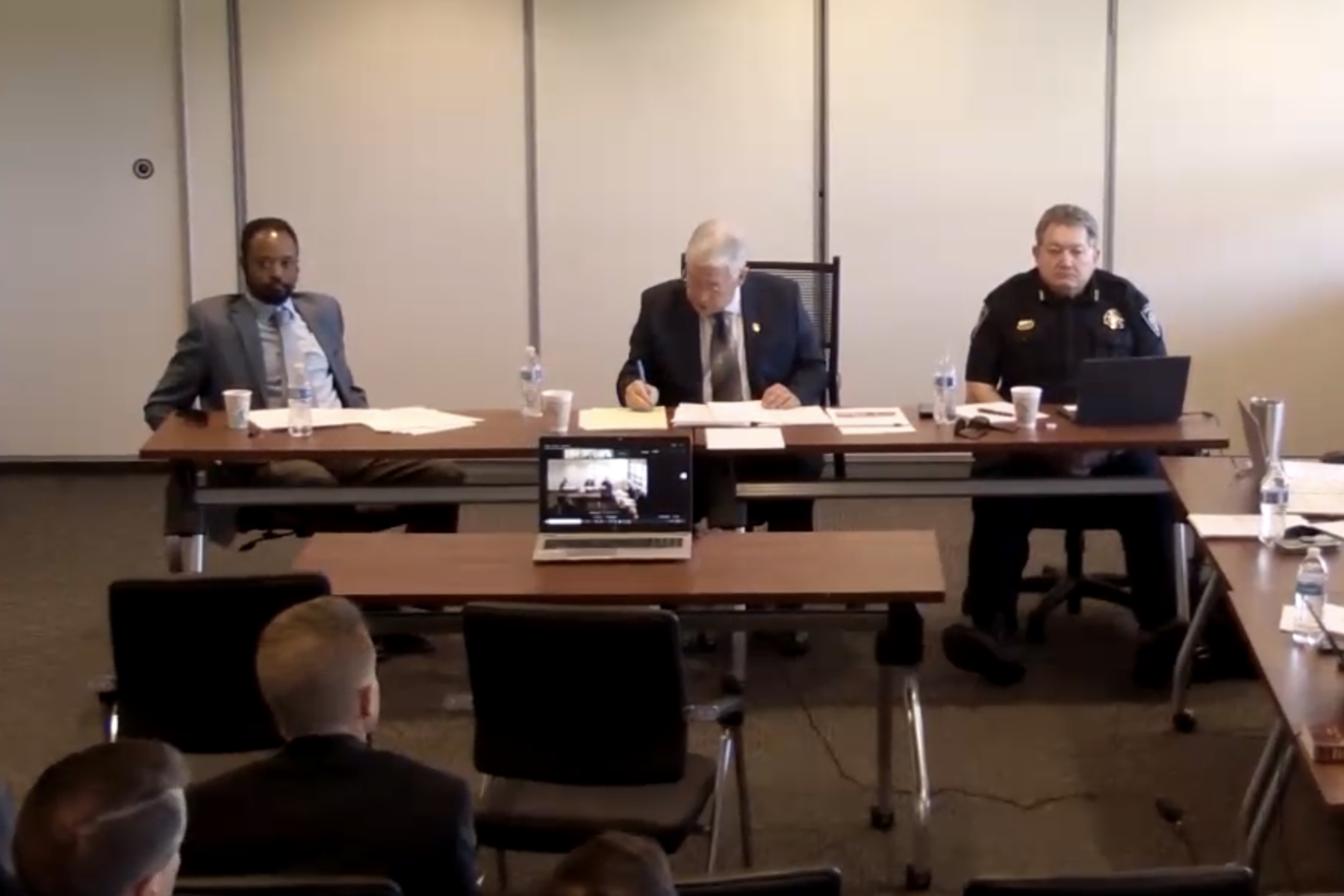WorldPay Fined $130K for Handling Colorado Sports Betting Payments with Expired License
Posted on: June 18, 2022, 10:00h.
Last updated on: June 19, 2022, 04:29h.
A payment solutions provider to sports betting operators allowed its license in Colorado to lapse in April. Despite that, the company continued to process transactions for 21 sportsbooks over a nearly two-week period before it finally stopped.

On Thursday, the Colorado Limited Gaming Control Commission at its meeting in Lockwood approved fining WorldPay Gaming Solutions $130,000 for operating without a license. That equated to a $10,000 per day penalty for each day WorldPay handled transactions after its license expired.
The company agreed to the fine. It risked a show cause hearing that could have led to harsher penalties, including the revocation or suspension of its license and a fine of $25,000 per day.
Per the agreement between the sides, WorldPay agreed to pay $65,000 within 10 days of the commission approving the agreement. The remainder would be held in abeyance for two years. WorldPay would be responsible for paying that if it violated any state laws or commission regulations over that period of time.
Handled 174,000 Transactions After License Expired
According to the agreement between the commission and the company, WorldPay processed nearly 174,500 transactions during that time, valued at more than $9.8 million. The company received more than $14,700 in fees for those transactions.
WorldPay stopped its processing work on April 15, and had submitted a new application for a license, which the commission approved on April 21.
Last October, the Colorado Division of Gaming emailed WorldPay’s primary point of contact, reminding them that the company’s two-year minor vendor license would expire on April 2. WorldPay’s contact did not respond.
The division sent another email on Jan. 31, and this time it received a bounce-back message indicating the message could not be delivered. A division representative then called the phone number on the application and left a voice mail. The division also emailed two other company contacts, neither of whom responded.
Similar emails sent on Feb. 23 were also not returned.
It wasn’t until April 11 that the division was able to reach WorldPay’s legal counsel and inform them of the situation. WorldPay asked for the division to grant an extension on April 14, but state officials denied that request.
WorldPay Accepts Responsibility
On that same day, WorldPay notified its gaming clients it was “pausing” its gaming transaction work in the state. In that letter, the company blamed “an administrative licensing error” for the situation. The letter also stated there was “no accusation of wrongdoing pending against WorldPay.”
Commission Chair Richard Nathan told WorldPay Gaming Solutions President Joseph Watkins during Thursday’s meeting that the letter could be construed as the company blaming the “administrative snafu” on the division. Nathan also took exception to the company saying there were no accusations against it, since WorldPay continued to process financial transactions even after company officials knew its license was expired.
I just wanted to make clear to you that this is not a mere administrative matter,” Nathan said. “It’s a matter we take seriously. Otherwise, you wouldn’t have been in the discussions you were in with the (Colorado) attorney general’s office and the staff of the division that gave rise to this stipulation and the requirements that you will abide by going forward for the 731 days that you’ve agreed to do so.”
At Thursday’s meeting, Watkins told commission members that the division sent emails to people no longer employed with the company. However, he added that the company takes responsibility for the issue.
“It is our responsibility to keep contact details up to date at all times, and it is our responsibility to know when our licenses expire and are due for renewal,” Watkins said. “And that is not the Commission’s fault in any way.”
Related News Articles
Most Popular
Las Vegas Overstated F1 Race’s Vegas Impact — Report
Vegas Strip Clubs Wrestle in Court Over Animal Names
Most Commented
-
End of the Line for Las Vegas Monorail
— April 5, 2024 — 90 Comments -
Mega Millions Reportedly Mulling Substantial Ticket Price Increase
— April 16, 2024 — 6 Comments -
Long Island Casino Opponents Love New York Licensing Delays
— March 27, 2024 — 5 Comments -
Nearly Abandoned Mall Outside Vegas Soon to Have Only One Tenant
— March 12, 2024 — 5 Comments
















No comments yet